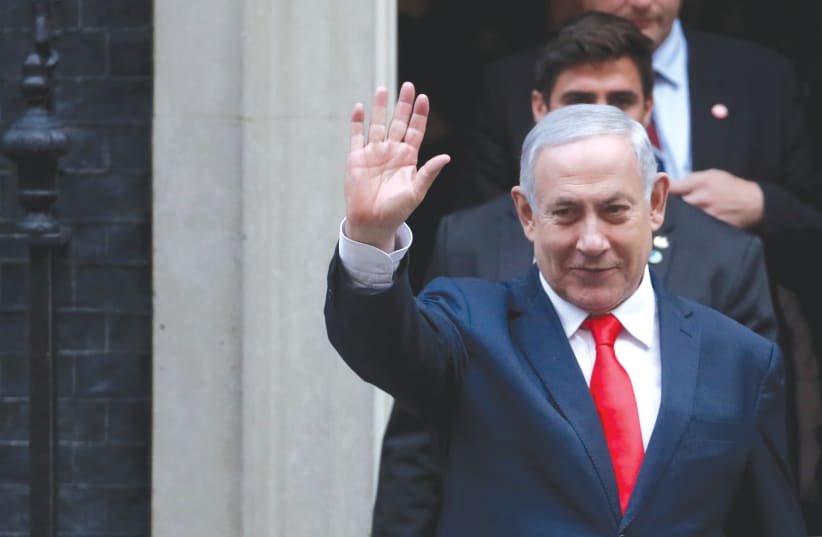Think about it: The goals and means of Netanyahu’s election
In order to attain his first goal Netanyahu must attain the support of at least 61 MKs. Currently, none of the opinion polls indicate that this is achievable, though this does not stop Netanyahu.
